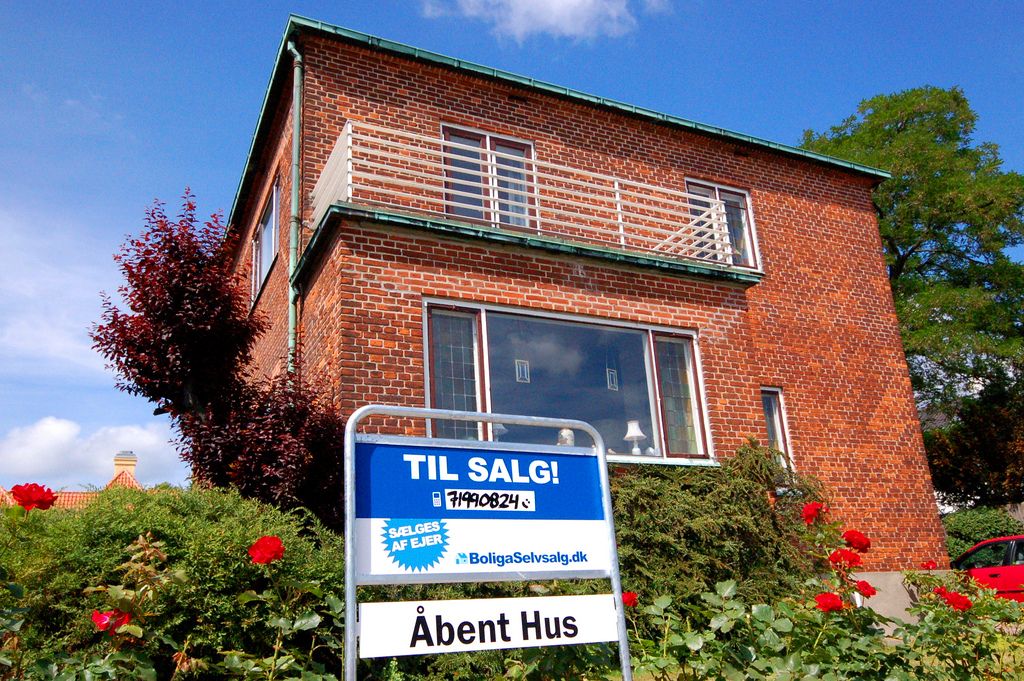A EU report claims the Danish housing situation is in a “critical” situation that is already making life particularly hard for low income families living in urban areas such as Copenhagen.
In a chapter named ‘Making the housing market more resilient’, part of a EU Commission working paper in which the economies of all 27 member states are reviewed, the union warns Denmark must act to alleviate the situation.
“Affordable housing remains an important challenge for many households [in Denmark]. Key issues include high prices for owner-occupied housing, a highly regulated rental market and long waiting times for social housing in the main urban areas,” the report contends.
Low income households struggling
The number of households burdened by housing costs grew by 8 percentage points in 2022 to 44 percent – the highest proportion since records began in 2004, according to the report.
“While this higher burden is reported across all income quintiles, the lower income categories are more affected. The need for affordable housing is especially acute for households in densely populated areas like the Copenhagen region,” the report continued.
“Policies to increase the supply of affordable housing units are required to address the needs of households.”
Homeowner burden growing too
The lack of affordable housing is only half the problem, reasons the report, which claims that Danish households have the highest mortgage debt levels in the EU in relation to GDP: a potential timebomb “as higher interest rates [as is the case now] tend to be linked to falling property prices, [and) the risks could reinforce each other”.
“Households are increasingly vulnerable to interest rate hikes and house price declines,” the report warns because “variable-rate mortgages as well as interest-only or deferred amortisation mortgages constitute potential risks to some highly-indebted households’ financial position”.
The report warns against the high number of interest-only loans and the increasing tendency to refinance fixed-rate mortgages and opt for variable-rate mortgages – of which an increasing proportion are with deferred amortisation
These mortgage holders “are particularly vulnerable to their mortgage payments rising significantly in the event of rising interest rates”, and the report questions the wisdom of the government in June 2021 to reject the advice of the Danish Systemic Risk Council to limit access to interest-only loans for borrowers who have a loan-to-value ratio above 60 percent.
Will state action be enough?
The government has plans for a new housing policy that will incorporate a new property tax system based on housing valuations, which could come into effect in January 2024.
“It aims to end the long-standing cap on recurrent property taxes and is expected to lead to a fairer and more transparent system. The new system could lead to higher property taxes in the largest urban areas, while the opposite could hold for less densely populated areas,” noted the EU report.
“This would help level out the substantial price differences between small towns and large cities – especially Copenhagen and Aarhus.”
Meanwhile, state funds are in place to increase affordable rental housing (primarily social housing): 1.5 billion euros from 2022-25, but the municipal response has been slow.
“As a result of the political agreement, several support schemes to promote the construction of affordable rental homes were operational by early autumn 2022, but the number of applications for most schemes has so far been modest,” the reports observes.
“However, national authorities expect applications to start increasing in 2023.”















